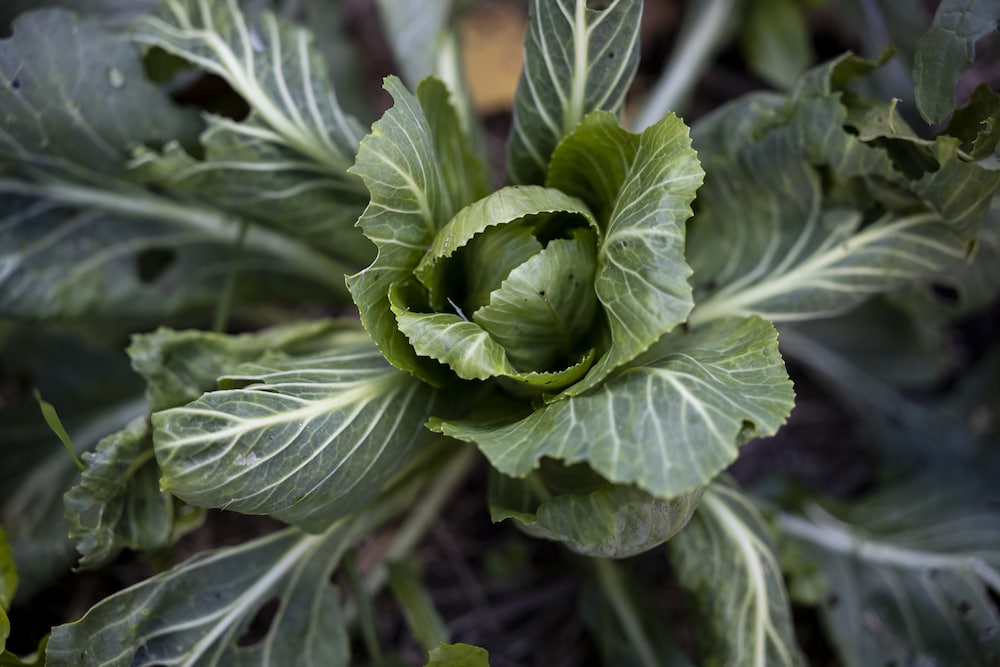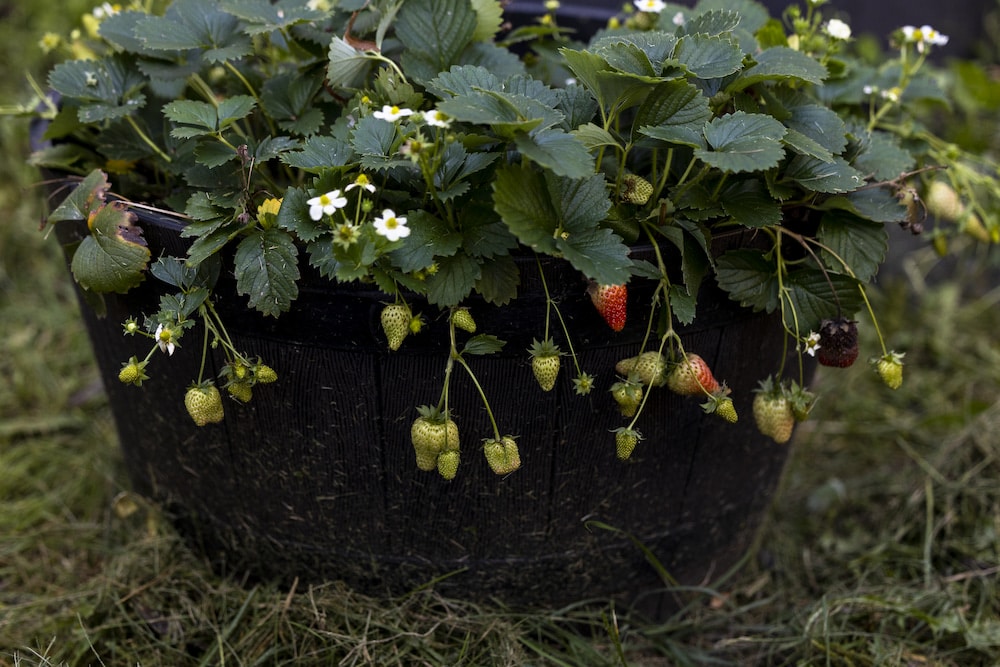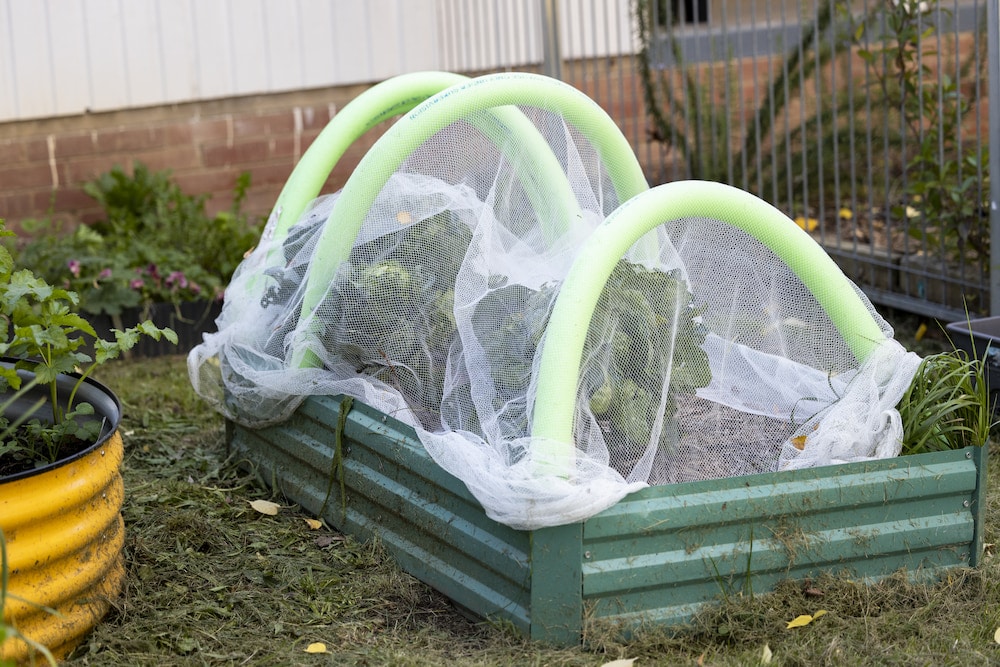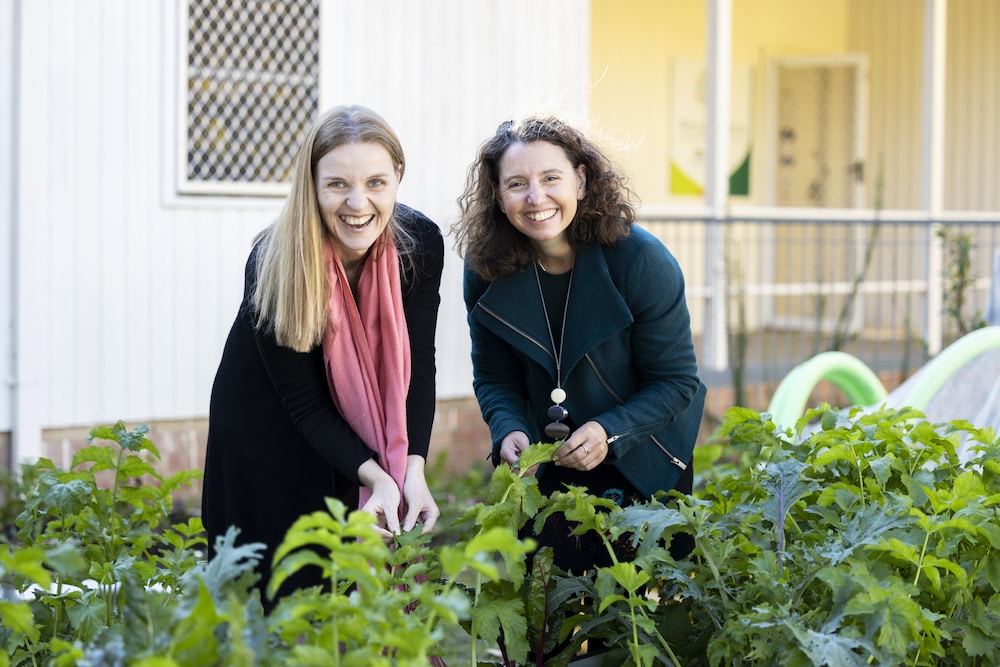Food security has become a huge issue in the ACT as the cost of living rises, says Amanda Tobler, CEO of Community Services #1 – but community gardens can help feed vulnerable Canberrans.
Community Services #1 received a grant from the ACT Government three years ago to set up their garden; now, they grow a wide range of produce from strawberries, celery, rhubarb, and beets to herbs like chives and rosemary. Vulnerable Canberrans learn how to tend the garden, harvest what they grow, and cook it for their families.
The 2022–23 round of the government’s Community Garden Grants, launched today, will set up more community gardens around the city.
“As our community moves towards higher density living with smaller blocks and backyards, it is becoming increasingly important to provide space where the community can grow fresh produce,” said Rebecca Vassarotti, ACT Minister for the Environment.
Totalling $40,000, grants of up to $10,000 are available per project for not-for-profit organisations, groups, owners’ corporations, and individuals to create gardens, enhance existing ones, buy or hire equipment or tools, or contract specialists to care for gardens.
The grants have also supported church groups to provide additional food for vulnerable people.

During COVID, residents might have explored their neighbourhoods, and seen patches of land that could be used for community gardens.
“Community gardens provide great opportunities to discuss and take action on key issues such as sustainable living, climate change, food security, and food miles,” Ms Vassarotti said.
This year’s round prioritises projects for funding that demonstrate principles of the circular economy, zero emissions, and carbon capture.
“The ACT continues to be a leader in climate change action,” Ms Vassarotti said, “and it is important that the community continues to engage in sustainable practices that contribute to the reduction of carbon emissions.”

Gardening is also healthy: “It’s a relatively safe endeavour, because we are outside,” Ms Vassarotti said. “There’s a whole lot of physical benefits from being active, getting your hands into the soil.”
Growing food brings people together, particularly after the isolation of lockdown, she stated. “Community gardens can be a real opportunity for people to make new connections, to learn from each other.”
“Food,” Ms Tobler agreed, “is one of those ways that as a community, you can sit and tell stories; you take time when you’re eating; it’s the moment you stop and reflect and engage.”
Earlier this year, Community Services #1 received a grant from Alicia Payne MP to upgrade the kitchen in their well-being hub. That, Ms Tobler said, would ensure more groups could cook and use the garden.

Nevertheless, she remains worried about food insecurity. ACTCOSS’s recent Cost of Living report showed that 38,000 Canberrans live in poverty, and Ms Tobler said the number of working poor seeking help has increased.
Many face a difficult choice between feeding their families and paying rent. Some, desperate to lower power bills, have turned off heating in winter, and washed in cold water.
More people have needed to access Community Services #1’s food pantry; once open three days a week, it is now open five. There was a brief time when the Federal Government increased welfare payments that poor people could afford food, many for the first time, and pressure on the pantry eased – but welfare payments returned to pre-pandemic rates early last year. Since the pandemic began, the charity has provided food hampers for vulnerable Canberrans, or those isolating because of COVID.
“[Food insecurity] is certainly a need in our community,” Ms Tobler said. “Canberra can really hide our vulnerable. We do it well – but it’s there, and people are in crisis, and food insecurity is a huge issue in this town.
“I’m grateful that we’re here to be able to provide services.”



